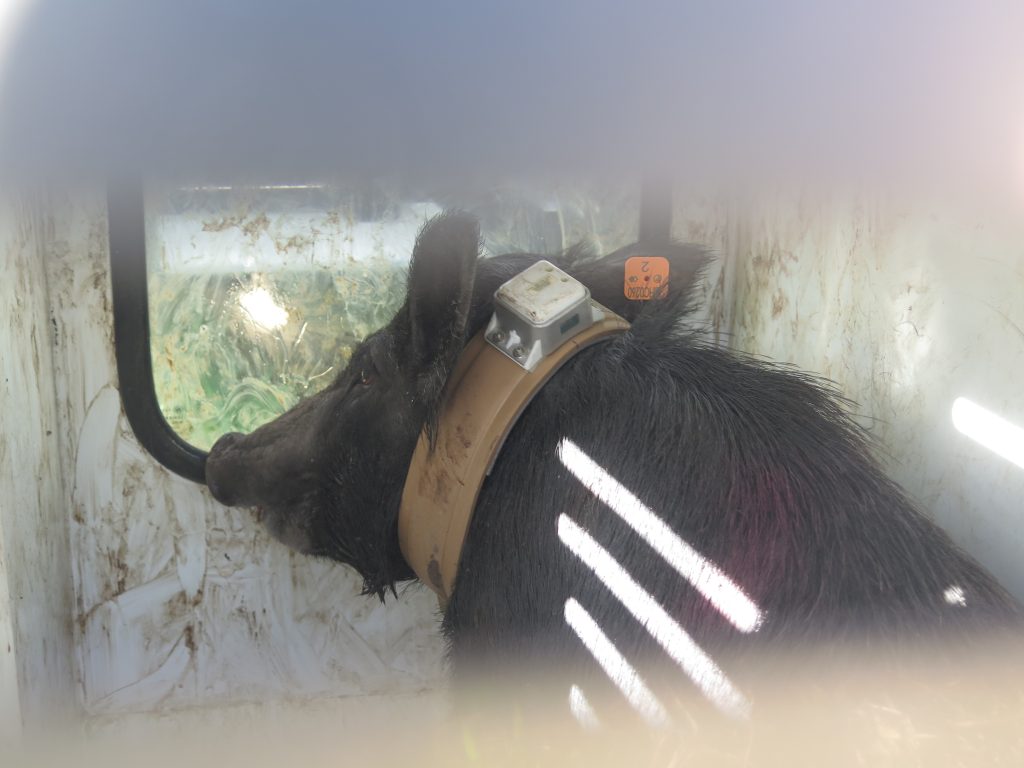Project CaNE and Catalyst share knowledge with local students
Earlier this week, projects under the Lower Herbert Water Quality Program (LHWQP) presented to Ingham State High School Ag students.
HCPSL staff members from Project CaNE and Project Catalyst had the opportunity to discuss and share knowledge with around 30 Year 10 and 11 students studying Agriculture.
The Project Catalyst team discussed soil testing, in particular how soil pH affects crop growth and nutrient availability. Students were eager to get practically involved by carrying out pH testing with a simple in-field testing kit.
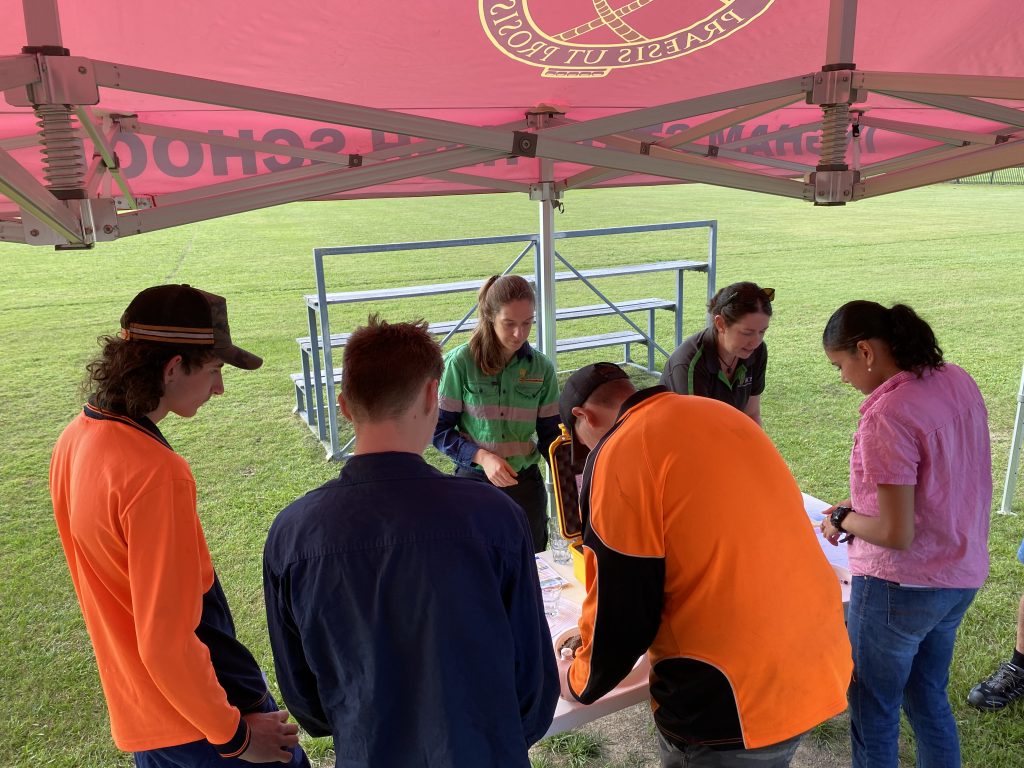
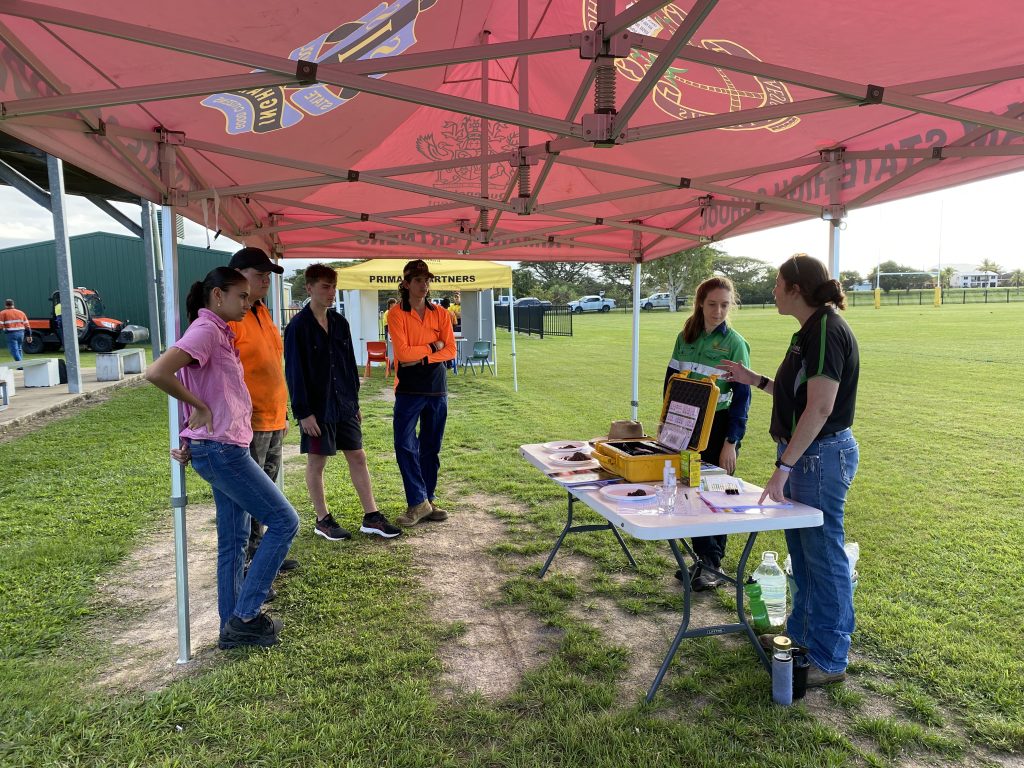
Project CaNE, together with TropWATER provided students an understanding on sugarcane crop nutrition as well as water quality. Aaron Davis from TropWATER gave students insight into water quality monitoring and sampling.
Additionally, HCPSL & Project CaNE GIS Officer Rod Nielson showcased the use of drone technology in agriculture and how precision agriculture is being applied to the Herbert cane industry.
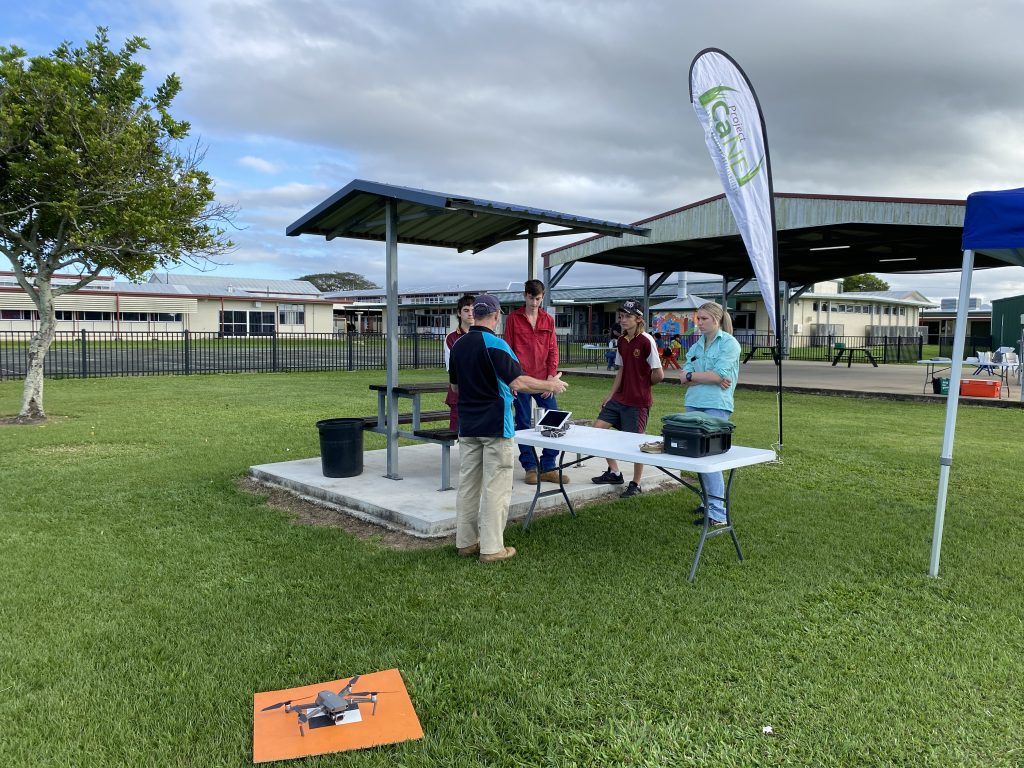
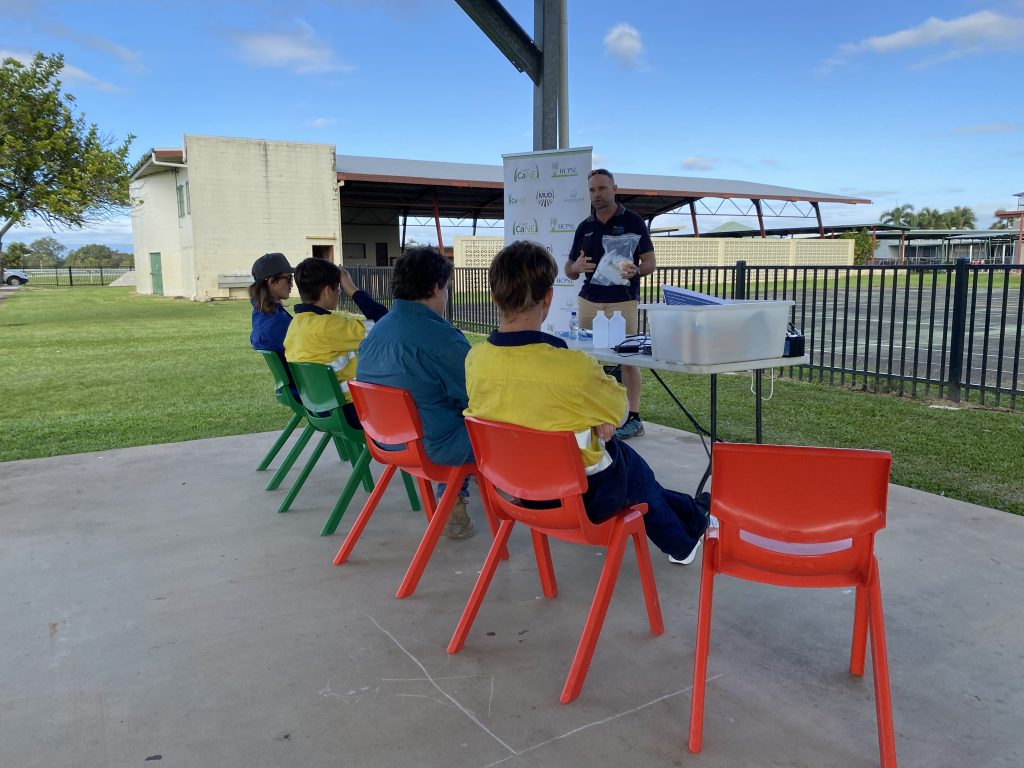
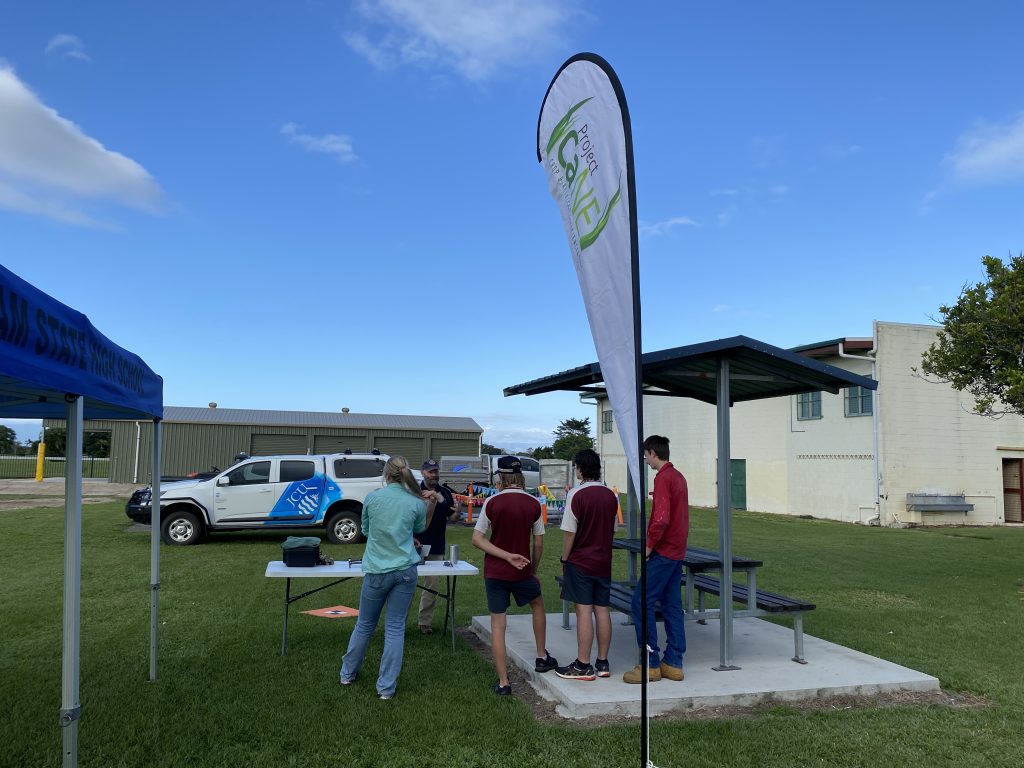
Thanks to Ingham State High for hosting and LHWQP Program Coordinator Carola Bradshaw for organizing a great event. HCPSL value the opportunity to share knowledge and discuss topics with passionate local ag students.
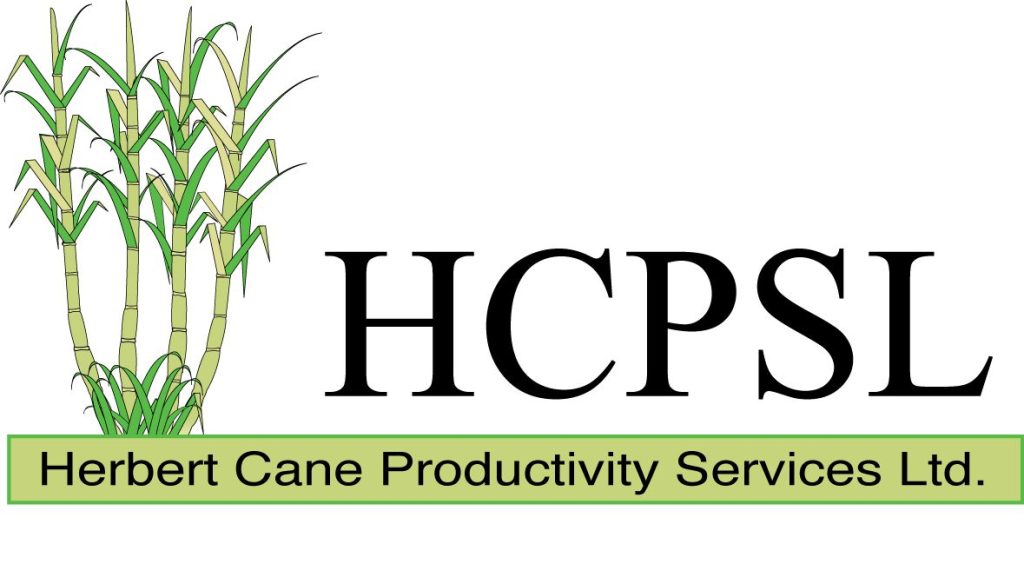
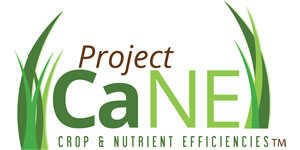


Project CaNE™ and Project Catalyst are funded by the partnership between the Australian Government’s Reef Trust and the Great Barrier Reef Foundation.







